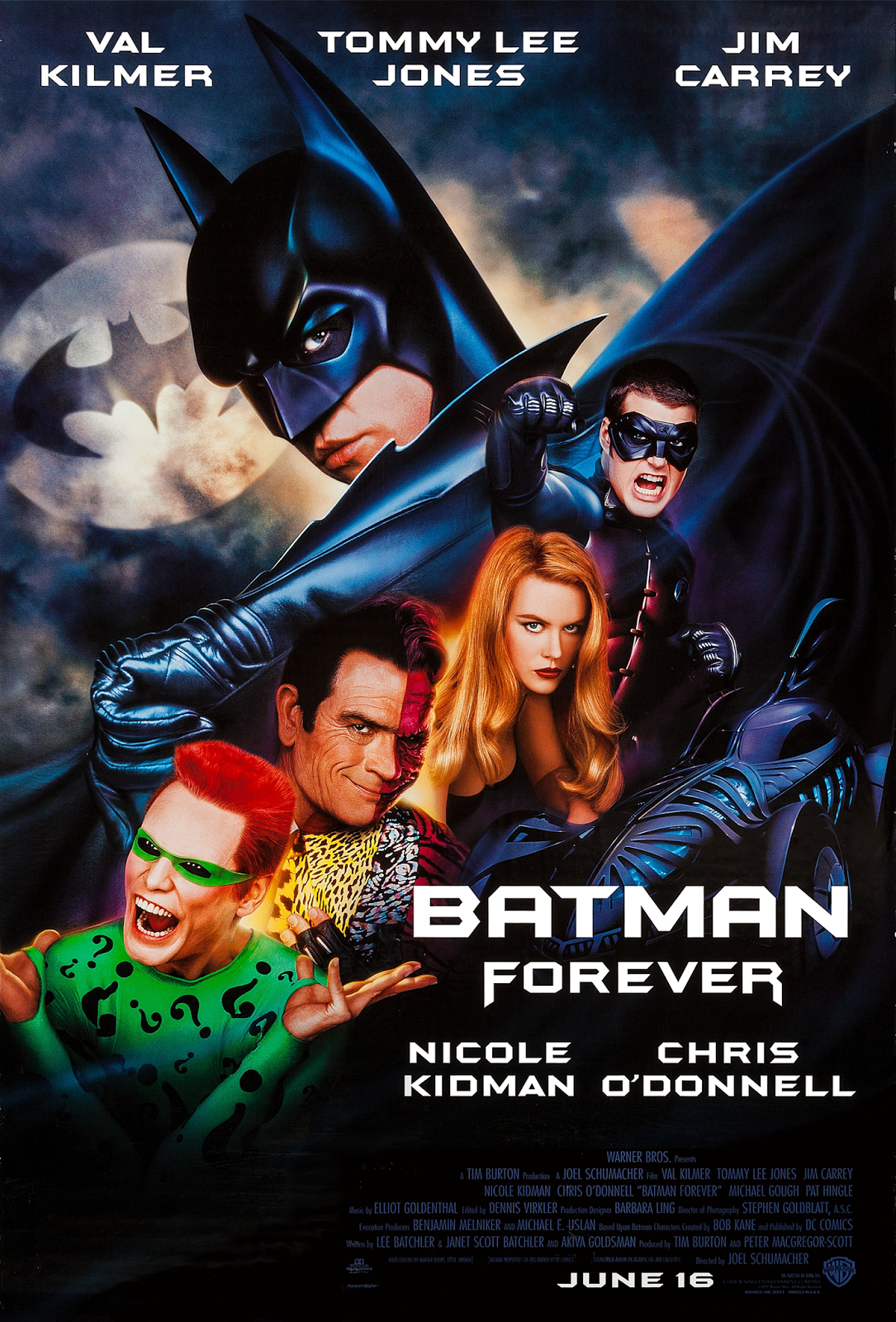Batman, the iconic superhero, has captured the hearts of audiences around the globe for decades with his compelling storylines, complex characters, and thrilling action sequences. The Batman movies, ranging from the classic adaptations to modern interpretations, have significantly shaped the landscape of superhero cinema. Each film not only showcases Batman's struggle against crime but also delves deep into his psyche, offering viewers a multifaceted perspective of this beloved character.
Since his first appearance in 1939, Batman has undergone numerous transformations in various media, making him a versatile figure in popular culture. The Batman movies have been pivotal in cementing his legacy, with each installment bringing something unique to the table. From the campy charm of the 1960s series to the dark and gritty narratives of the Christopher Nolan trilogy, these films reflect the changing times and evolving societal values, all while keeping the essence of the Caped Crusader alive.
As fans eagerly anticipate new releases in the Batman franchise, it is essential to look back at the rich history of Batman movies. Understanding the evolution of this iconic character, the themes explored in each film, and how they resonate with audiences today can provide a deeper appreciation for the Dark Knight's cinematic journey. Buckle up as we explore the world of Batman movies, from the classics to the modern-day blockbusters!
What are the Key Batman Movies Throughout History?
Batman has seen numerous adaptations on the big screen, each contributing to the overarching narrative of this superhero. Here are some of the key Batman movies that have left an indelible mark on the franchise:
- Batman (1989) - Directed by Tim Burton, this film introduced a darker and more gothic interpretation of Batman, starring Michael Keaton.
- Batman Returns (1992) - Burton's sequel delves deeper into the psychological aspects of both Batman and his foes.
- Batman Forever (1995) - A shift in tone, directed by Joel Schumacher, featuring Val Kilmer as Batman.
- Batman & Robin (1997) - Often criticized for its campy style, this film starred George Clooney.
- The Dark Knight Trilogy (2005-2012) - Directed by Christopher Nolan, this acclaimed trilogy redefined superhero films with a more realistic approach.
- Batman v Superman: Dawn of Justice (2016) - A pivotal film in the DC Extended Universe, starring Ben Affleck.
- Joker (2019) - Although not a Batman movie per se, it explores the origins of one of his most iconic adversaries.
- The Batman (2022) - A fresh take on the character, directed by Matt Reeves and starring Robert Pattinson.
Why is Batman Such a Timeless Character?
Batman resonates with audiences due to his relatability and the depth of his character. Unlike many superheroes, he does not possess superhuman powers; instead, he relies on his intellect, detective skills, and physical prowess. This vulnerability makes him more human and allows people to connect with his struggles, fears, and motivations.
How Do Different Directors Interpret Batman?
Directors have brought their unique visions to the Batman franchise, shaping the character in various ways. For instance:
- Tim Burton - Infused a gothic aesthetic and a sense of darkness.
- Joel Schumacher - Opted for a more flamboyant and campy style.
- Christopher Nolan - Grounded the character in realism, emphasizing psychological depth.
- Matt Reeves - Focused on the detective aspect of Batman, showcasing his investigative skills.
What Themes Are Explored in Batman Movies?
The Batman movies delve into complex themes that resonate with audiences, including:
- Justice vs. Vengeance - The moral dilemmas Batman faces in his quest for justice.
- Identity and Duality - The struggle between Bruce Wayne and Batman.
- Fear and Trauma - Batman's origins rooted in personal tragedy.
- Society and Corruption - The portrayal of Gotham City as a reflection of real-world issues.
What Are the Most Memorable Villains in Batman Movies?
Batman is often defined by his rogues' gallery of villains, each bringing their unique challenges to the Dark Knight. Some of the most memorable include:
- The Joker - A chaotic and unpredictable foe, often seen as Batman's greatest enemy.
- Catwoman - A complex character with a romantic connection to Batman.
- Two-Face - A tragic figure representing the duality of good and evil.
- Penguin - A cunning and resourceful villain, often depicted with a flair for the dramatic.
How Have Batman Movies Influenced Pop Culture?
The impact of Batman movies on pop culture is profound. They have not only shaped the superhero genre but also influenced various forms of media, including television shows, comics, and video games. Iconic lines, imagery, and themes from these films have seeped into everyday language and culture, making Batman a lasting symbol of heroism and resilience.
What Can We Expect from Future Batman Movies?
As the superhero genre continues to evolve, fans are eager to see what the future holds for Batman movies. With multiple projects in development, including potential sequels and spin-offs, the Dark Knight's legacy is far from over. Audiences can anticipate fresh interpretations, diverse storytelling approaches, and deeper explorations of Batman's character and his world.
Conclusion: The Enduring Legacy of Batman Movies
Batman movies have left an indelible mark on cinema and popular culture, showcasing the complexities of heroism and the human condition. As we continue to explore the Dark Knight's cinematic journey, it's clear that his legacy will endure for generations to come. Whether through the lens of nostalgia or modern reinterpretation, Batman remains an iconic figure that captivates audiences worldwide.
Personal Details and Bio Data of Batman
| Attribute | Details |
|---|---|
| Name | Bruce Wayne |
| Alias | Batman |
| First Appearance | Detective Comics #27 (1939) |
| Creators | Bob Kane, Bill Finger |
| Affiliation | Justice League, Gotham City |
| Notable Villains | The Joker, Catwoman, Bane, Penguin |




